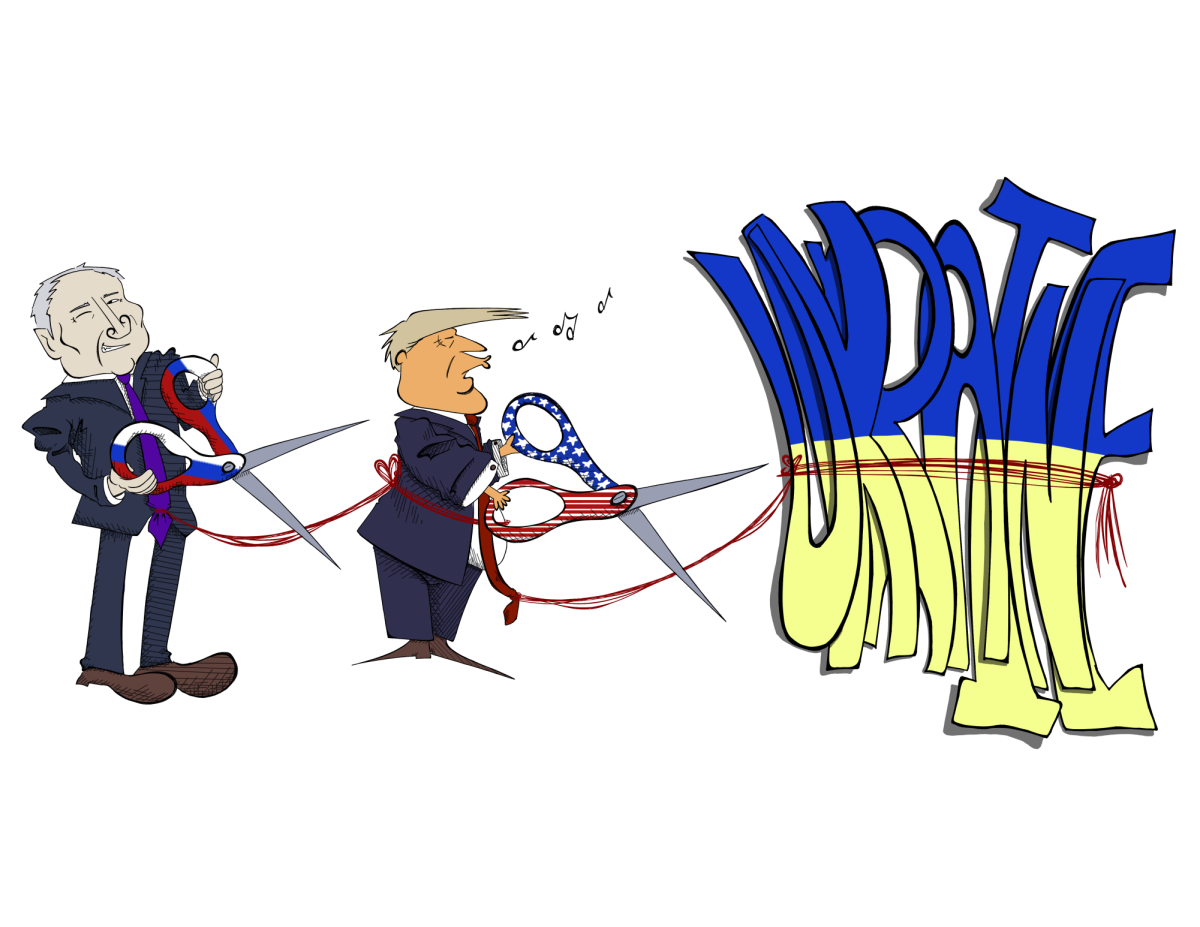We began this week with Labor Day: a holiday and a nice day off. But you know what’s nicer than one day off? Two. Every week. On Saturday and Sunday.
And you know what else is pretty nice? A 40-hour standard work week, as opposed to 60 hours or more.
And much like the three-day weekend, we have labor activism to thank for these things.
Unfortunately, union membership and related activism in the United States and many other countries have been on the decline for decades, due in no small part to right-to-work laws that disincentivize union membership and a political atmosphere that is hostile to the interests of organized labor.
Internationally, neoliberal trade policies have led companies to relocate to countries with oversaturated labor markets and under-developed economies, allowing them to exploit labor with maximum efficiency.
An example is the maquiladora factories in Mexico, which proliferated as a result of NAFTA. For another example, check the tag on the shirt you’re wearing and look up labor conditions in the country it’s from.
Historically, labor unions have not always been ideal, egalitarian institutions. As with any structure that creates hierarchy and bestows power, unions have been guilty of corruption and discrimination; however, they have fought these things as well.
In fact, labor unions have a proud history of civil rights activism and progressive (for the time) anti-racist, anti-nationalist values, from the Wobblies — the International Workers of the World — to figures like Cesar Chavez and Dolores Huerta, who co-founded the National Farm Workers Association.
In the present day, the cause of labor often finds itself on the side of environmental justice as well, as in the case of its opposition to the Trans-Pacific Partnership (TPP).
Labor Day should not just be a celebration of the past, though; it should celebrate the present as well. Organized or divided, the toil of the common laborer is the foundation upon which our great affluence is built.
As American university students, we enjoy a tremendous privilege and owe a debt not just to local workers (who build our roads and maintain our grounds and buildings) but to workers the world over who grow our food and manufacture our clothes, cars, phones and so many other conveniences that we take for granted.
For this debt, we have a duty to the laborers of the world to support their interests as they do ours whether that is in the form of support for policies like guaranteed basic income or socialized healthcare, or in opposition to corporatism and the TPP.
Despite the holiday’s questionable history, we ought to make the most of it and celebrate not labor, but the laborer.








